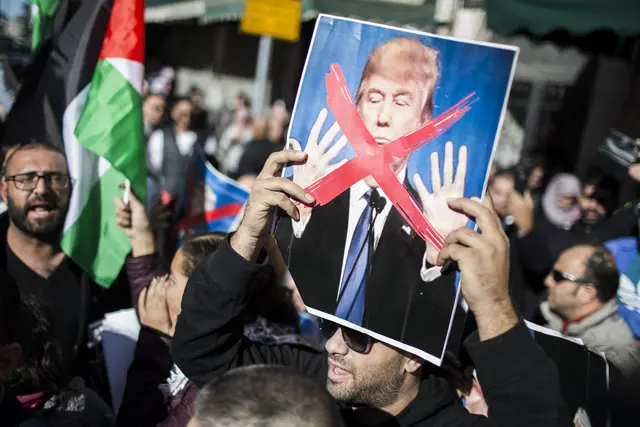Iran's leaders questioned on Thursday the hard-won framework agreement on the country's nuclear program and said they would not sign a final deal if sanctions were not lifted.
The remarks equal pouring cool water on the breakthrough and indicate more challenges and uncertainties ahead.
Iranian Supreme Leader Ayatollah Ali Khamenei said, "What has been done so far neither guarantees the final agreement and its content nor the finality to the talks."
Iran and six world powers -- Britain, China, France, Germany, Russia and the Untied States -- reached after nine-day talks in Lausanne of Switzerland a framework accord last week on parameters of Iran's nuclear program, with a view to sealing a final comprehensive accord by the end of June.
Khamenei stressed that the world powers should remove all sanctions against the country on the same day as the potential nuclear deal is signed.
"Having no deal is better than a bad deal since no agreement would be better than an agreement which ruins the interests and dignity of the nation," he said.
The June 30 deadline is not something "unchangeable," the Iranian leader said, adding that it can be extended as the other party did with the November deadline (last year) and extended it for another seven months.
Separately, but in another setback for the deal, President Hassan Rouhani said, "We will not seal any (comprehensive) deal only if all the economic sanctions are lifted on the same day and on the same date."
The world has understood that Iran will never surrender to sanction pressures over its nuclear rights and scientific developments, Rouhani said, adding that the reached solutions to Iran's nuclear issue is a proof that Iran's nuclear establishments will never be shut down.
On the U.S. side, the State Department on Thursday reiterated its position that sanctions against Iran would be removed gradually.
"Under the agreed-upon parameters, sanctions will be suspended in a phased manner upon verification that Iran has met specific commitments," State Department spokesman Jeff Rathke said.
Britain expressed its prudence on the future process.
"We have agreed the key parameters of a comprehensive deal on Iran's nuclear program -- a major milestone that demonstrates the commitment on both sides to finding a negotiated settlement," the British spokesman said Thursday.
"But we have not yet agreed on the detail of a comprehensive deal. Diplomats and technical experts from all sides will work intensively over the coming weeks to finalize that detail by the end of June."
France, another power to forge the interim deal, said on Thursday that many differences, including on sanctions, needed to be overcome if a final agreement was to be reached.
"Subjects still remain that we aren't agreed on, notably on economic sanctions, and the Supreme Leader has made statements that show there is still a lot of work to be done," Foreign Minister Laurent Fabius told lawmakers.
"We are going to keep the position we have held from the beginning, which is constructive but extremely demanding," Fabius said.
Actually, upon the signing of the accord, the West and Iran held different interpretations on the details of the sanctions relief policy.
Tehran anticipated that the sanctions related to its nuclear program "will be lifted immediately if a final deal is agreed upon."
However, that's not the position of the U.S. and its European allies. They insist that the U.S. and EU nuclear-related sanctions "will be suspended after the IAEA has verified" that Iran has taken all of its key nuclear-related steps.
For now, there's no firm agreement on how or when to lift the sanctions, and If Iran violates the deal, sanctions can be snapped back into place.
As for Washington's top allies in the region, Israel and Saudi Arabia, they are deeply skeptical of any deal that might see warmer contacts between Iran and the United States.
To finally bring up a once-and-for-all solution to the 12-year standoff between Iran and the West, all sides should seize the historic opportunity through concerted efforts, insists China, an important negotiator, which has put forward a number of constructive proposals and helped the talks result in the framework accord.
 简体中文
简体中文

